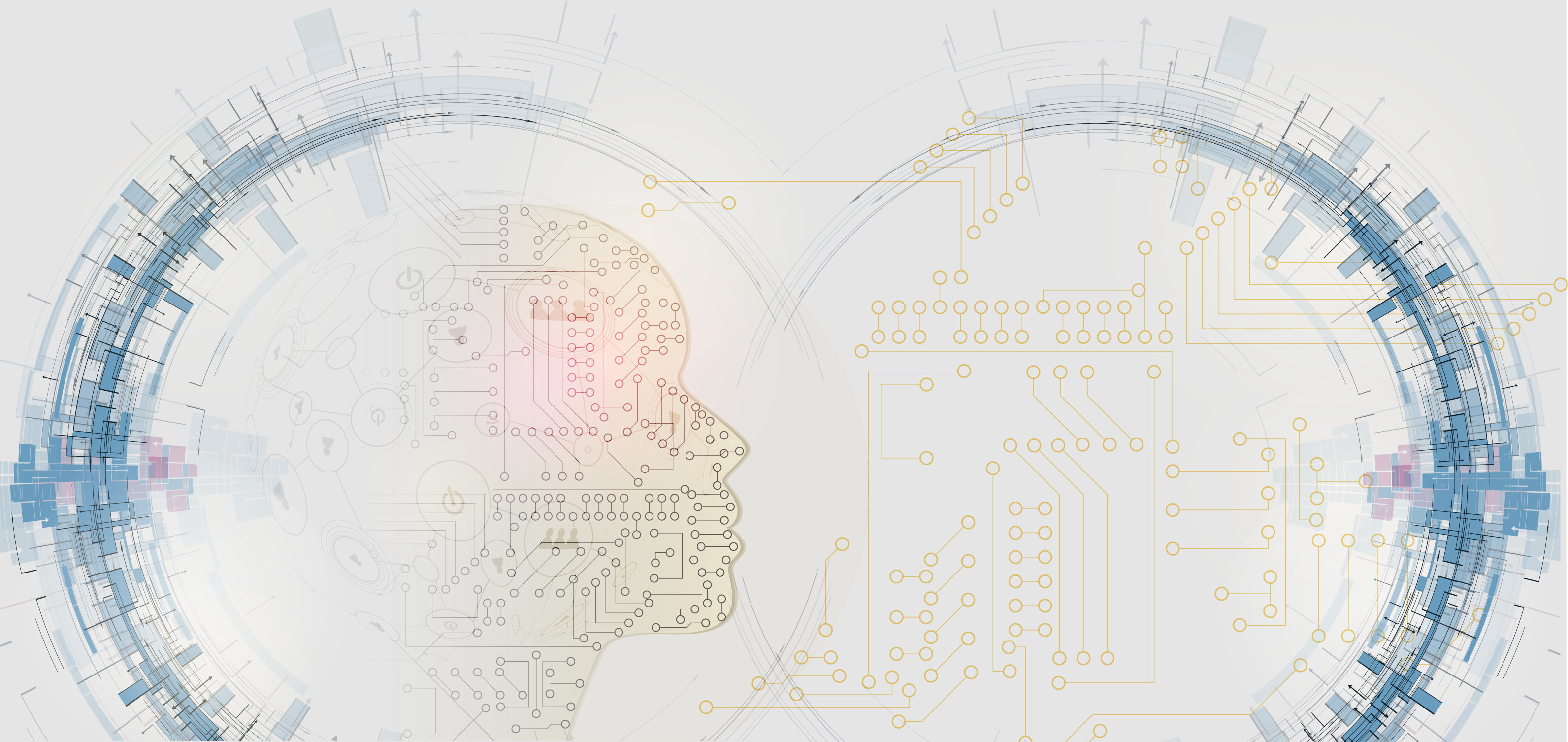The South Hub both creates and promotes data science educational opportunities in Atlanta and throughout a 16-state southern region. Its website lists several hub-run programs for data science education, fellowships, and seed funding available to faculty and students at many experience levels and institution types. There are a number of access promoting programs available. To keep its members informed, the South Hub also publishes a newsletter and announcements containing data science educational and employment opportunities to its extensive network of more than 1300 students, faculty, government, nonprofit, and industry data science practitioners across the South. This enormous network of talent is a major asset to our members and partners. Visit the hub website or contact Georgia Tech's South Hub Program Manager Kendra Lewis-Strickland for more information. Becoming a member is free. Becoming a partner is as simple as getting started on a mutually beneficial data science activity or program.
TRIAD integrates research and education in mathematical, statistical, and algorithmic foundations for data science. Analysis of massive, dynamic, noisy and complex data arising in virtually every sphere of human activity is a pressing challenge of our times. TRIAD addresses the growing challenges in establishing the foundations of data science, much of which lies at the intersection of computer science, statistics, and mathematics. TRIAD's intellectual focus is to design and build transdisciplinary research programs that provide an enabling and cross-fertilizing platform of ideas and stake holders, including theoreticians and scientists from domain sciences and users of technology. TRIAD hosts focused working groups, national and international workshops, and organized innovation labs.
The Center for High Performance Computing
Georgia Tech is now an established leader in computational techniques and algorithms for high performance computing and massive data. The center aims to advance the state of the art in massive data and high performance computing technology, and exploit HPC to solve high-impact real-world problems. The inherent complexity of these problems necessitates both advances in high performance computing and breakthroughs in our ability to extract knowledge from and understand massive complex data. HPC scientists devise computing solutions at the absolute limits of scale and speed. In this compelling field, technical knowledge and ingenuity combine to drive systems using the largest number of processors at the fastest speeds with the least amount of storage and energy. The center's focus is primarily on algorithms and applications. CHiPC is co-located with IDEaS in the Coda building in Tech Square.





